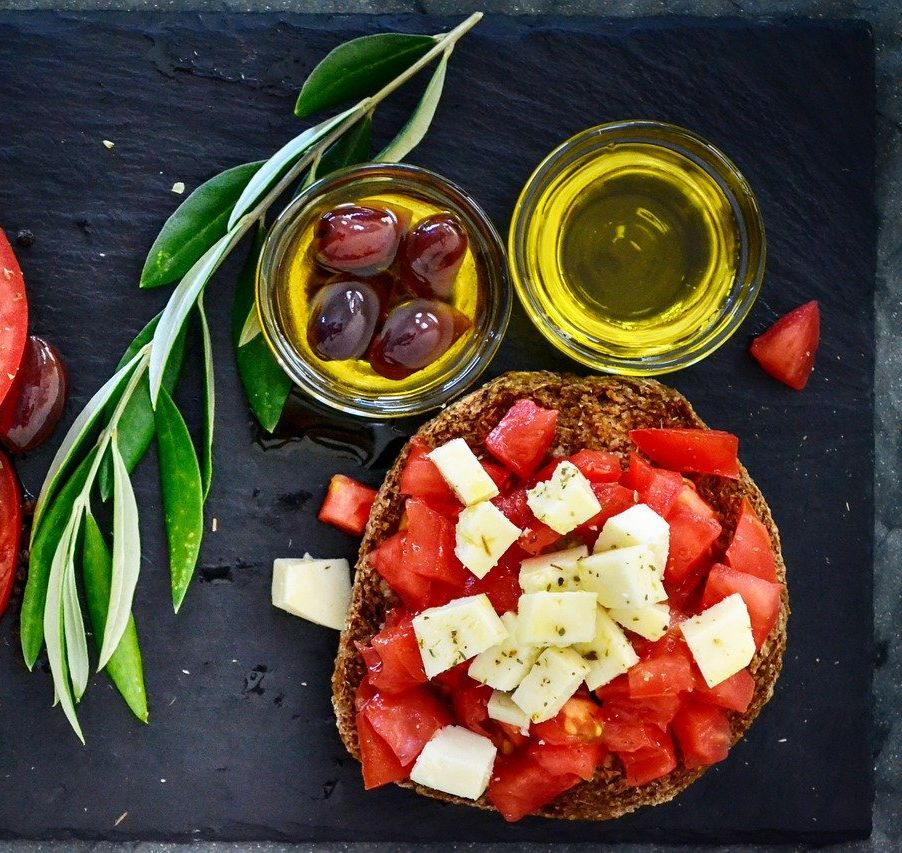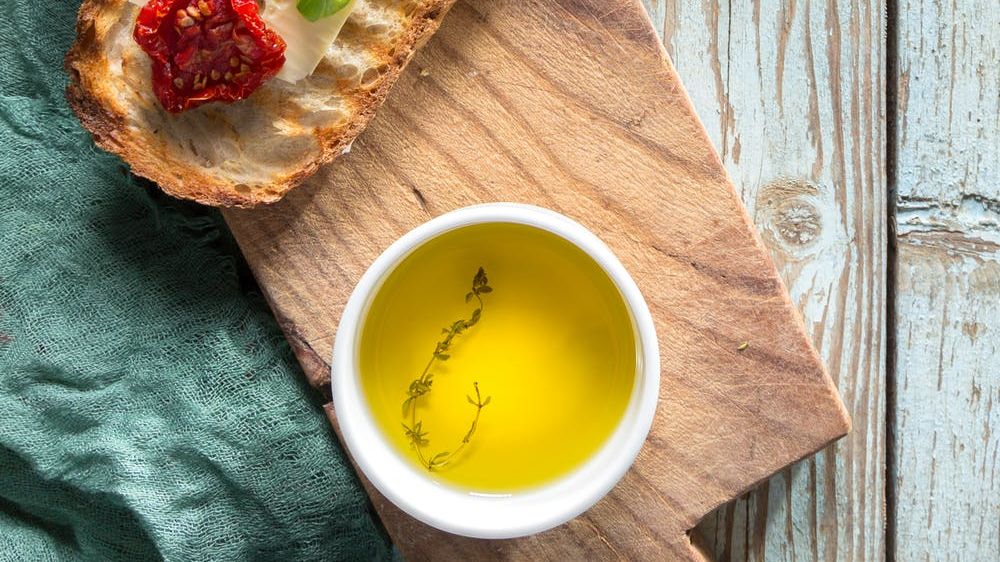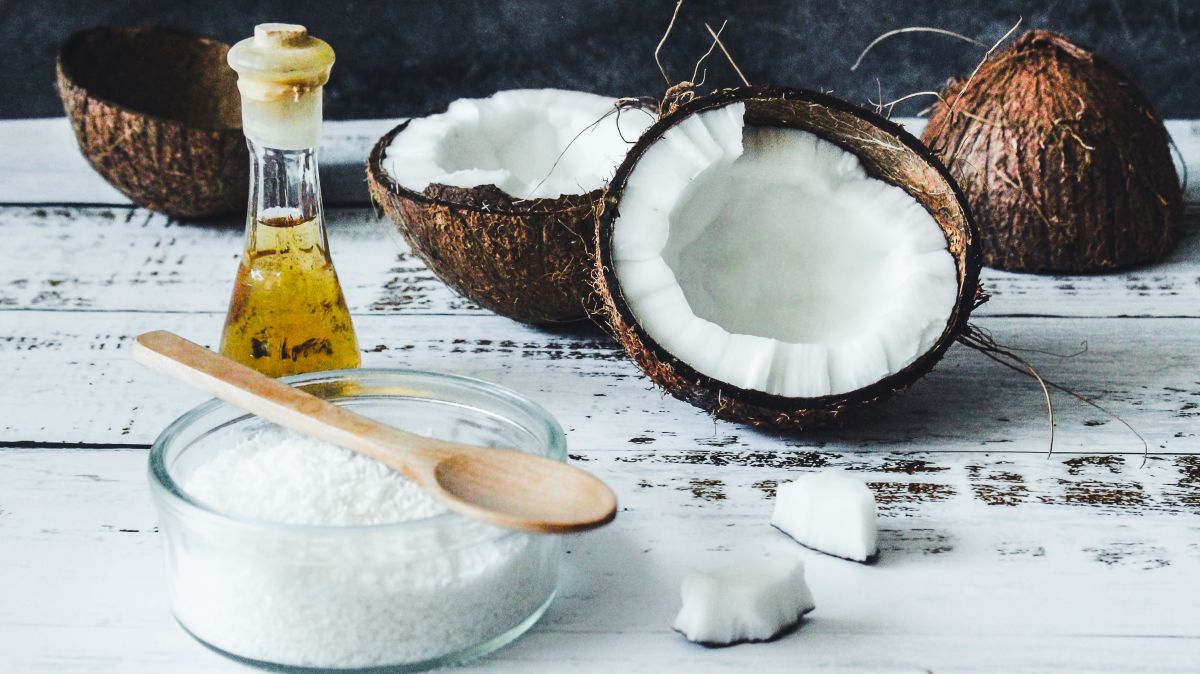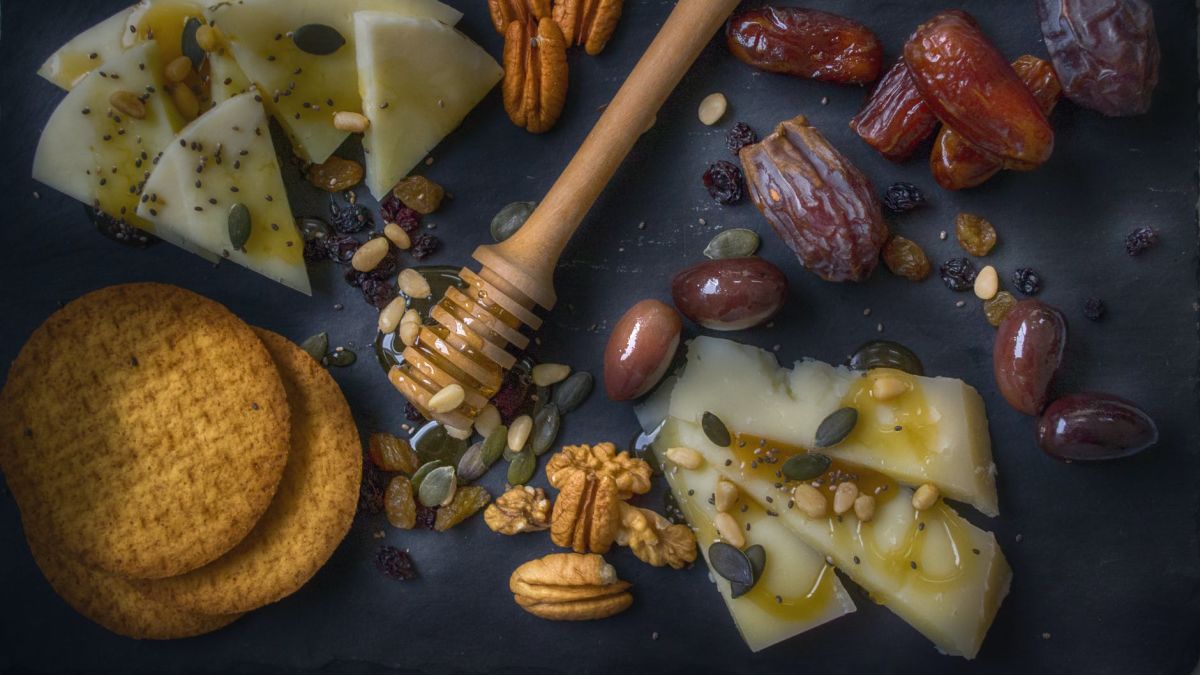Fats

A certain amount of fat is necessary during pregnancy for fetal growth and development and the type of fat consumed is more important than the amount.
Although it is still important to monitor fat intake, replacing saturated fats in the diet with monounsaturated and polyunsaturated fats can have important health benefits for both mother and baby.
Therefore, women should not avoid all fats during pregnancy for fear of weight gain (only trans fats). Women can eat reasonably and enjoy favorite foods in moderation, but should choose healthier fats over saturated fats whenever possible. Tips for doing this, along with more detailed information regarding dietary fats and pregnancy, are detailed below.
Background
Dietary fats are required for numerous functions within the body. Healthy fats:
Help absorb some vitamins and minerals (“fat-soluble”)
Build cell membranes
Are required for blood clotting, muscle movement, brain development, and inflammation
Are a major source of energy
Help keep skin and hair healthy
It is no longer very useful to simply categorize fats as saturated or unsaturated, but into the following categories: saturated, monounsaturated, polyunsaturated, and trans fats (a form of unsaturated).
Fats are not treated the same within the body; some fats can help improve health (monounsaturated and polyunsaturated), while others can cause negative health effects (trans fats).
Monounsaturated and Polyunsaturated Fats
There are two types of “good” unsaturated fats: monounsaturated and polyunsaturated fats, which can improve blood cholesterol, sugar, and insulin levels, ease inflammation, and stabilize heart rhythms.
The discovery that monounsaturated fat could be healthy came from a study in the 1960s that revealed people in the Mediterranean region had a low rate of heart disease despite a high-fat diet. One of the most healthful fats revealed in that study was olive oil.

Foods made up mostly of monounsaturated and polyunsaturated fats are liquid at room temperature (oils). Oils provide essential fatty acids and vitamin E, and are found in different plants such as soybeans, olives, corn, sunflowers, and peanuts.
However, not all oils are healthy, as coconut oil, palm oil, and palm kernel oil, are high in saturated fats.
Unsaturated fats are also found in nuts, seeds, and fish.
Fish and seafood are excellent low-fat sources of many nutrients including protein, omega-3 fatty acids, calcium, and zinc. The consumption of fish is recommended during pregnancy, with the avoidance of fish higher in mercury (see Seafood).
Omega-3 fatty acids, a polyunsaturated fat found in some types of fish, appears to be beneficial to the heart and lowers the risk of coronary artery disease.

Saturated Fats
Saturated fats fall somewhere between “good” unsaturated fats and trans fats (worst type) on the “healthy fats scale”. However, too many saturated fats in the diet can raise blood cholesterol which could lead to the blockage of arteries.
While studies remain inconsistent on short- and long-term effects of saturated fats on cardiovascular health, it is becoming clearer that replacing these fats with unsaturated fats and cutting back on processed (simple) carbohydrates is the best recommendation.
Common sources of saturated fat include red meat, whole milk and other whole-milk dairy foods, cheese, and many commercially prepared and processed baked goods.
Although mostly found in animal foods, saturated fats are also found in coconut, coconut oil, palm oil, and palm kernel oil.

The Dietary Guidelines for Americans recommends getting less than 10% of calories each day from saturated fat. While this recommendation requires calorie counting, women should simply aim for as few saturated fats throughout the day as possible, with moderation being a major factor during pregnancy.
Trans Fats
Trans fatty acids, more commonly called trans fats, are considered unsaturated fats, despite their detriment to health. Trans fats are naturally found in beef and dairy fat in small amounts. They can also be made through an industrial process by heating liquid vegetable oils in the presence of hydrogen gas and a catalyst, called hydrogenation.
Partially hydrogenated vegetable oils are solid, more stable, and less likely to spoil; they can also withstand repeated heating, which is ideal for frying food.
Trans fats are the worst type of fat for the heart and blood vessels, as they raise LDL (“bad” cholesterol) and lower HDL (“good” cholesterol).
Trans fats also create inflammation, a contributor to disease, stroke, diabetes, insulin resistance, and other chronic conditions, and has harmful effects even in small amounts.
With no known health benefits and no safe level of consumption, artificially trans fats were banned by the U.S Food and Drug Administration in 2018. The agency gave food manufacturers a final date of January 2021 to fully comply with removal of all its forms and petitioned uses from distribution.
By law, a serving of food containing less than 0.5 grams of trans fat can be labeled as 0 grams of trans fat on the nutritional label; therefore, t is important to check the ingredient list for the term "partially hydrogenated".
Pregnancy
Fat intake during pregnancy can influence the fetus’ growth and development as well as the health of the mother, and a wealth of research indicates the quality of fats is more important than their total amount.
Numerous recommendations indicate the need to replace saturated fats as much as possible with monounsaturated and polyunsaturated fats, as this may lower the risk of inflammation and heart disease. These fats can also help stabilize blood sugar during pregnancy, lowering the risk of gestational diabetes.
Further, omega-3 (EPA and DHA) during pregnancy is associated with numerous benefits for fetal development, especially the brain and eye. Although most women can obtain EPA/DHA from supplements, food sources are preferable, as these foods likely offer a host of additional nutrients.
Women should note it is important not to eat these healthy fats in addition to saturated fat, but to replace saturated fats with these healthier fats.
Food Sources
Monounsaturated and polyunsaturated fats are found in avocados, oil-based dressings, nuts, olives, fish, and seeds.

Eggs are an important source of nutrients during pregnancy and are no longer linked to cardiovascular risk due to their cholesterol content. Eggs contain more polyunsaturated fat than saturated fat and can be eaten moderately during pregnancy without concern for blood cholesterol levels.
Action
Pregnant women should:
Replace saturated fat with monounsaturated and polyunsaturated fat sources and limit saturated fat in general.
Use oil instead of solid fats, such as olive or canola oil instead of butter (the exception to this rule is coconut and palm oil, which are high in saturated fat).
Choose lean meat and skinless poultry.
Use oil-based dressings instead of cream-based dressings
Buy lean cuts of meat instead of fatty meats.
Switch from stick margarine to soft margarine (i.e. in a tub-like container).
Try fish and plant sources of protein in place of some meats and poultry.
Eat almonds, cashews, and other nuts instead of potato chips or other high fat/salt snacks.
Partners/Support
Partners can help pregnant women during their pregnancy by aiming to eat healthier themselves, in an effort to support the woman in her own eating habits. Couples who strive to eat healthier, make smarter choices, and engage in more physical activity together, are more likely to be successful.
The entire family can change their eating habits, for the better, in an effort to support women during pregnancy. The family can switch from saturated fats to unsaturated fats which will make it easier for the pregnant woman to do the same.
Restriction of favorite foods is not necessary nor realistic. Moderation is the key to long-term health, as indulging once in awhile can help individuals stay on a healthy course for a longer period of time.
When a woman is pregnant, she no longer eats for her health only; the entire family can play a role, supporting her and the future family member, by engaging in healthy eating habits together.
Resources
Dietary Fats (American Heart Association)
Weighing in on Dietary Fats (U.S. National Institutes of Health)